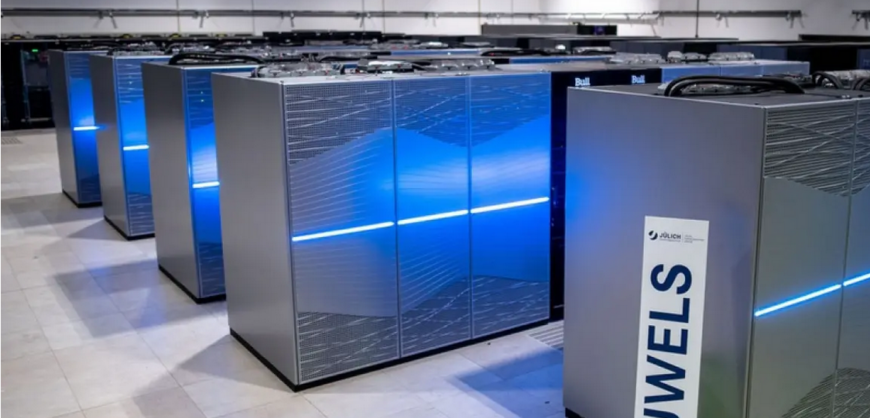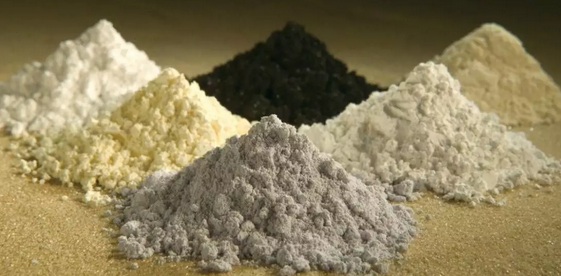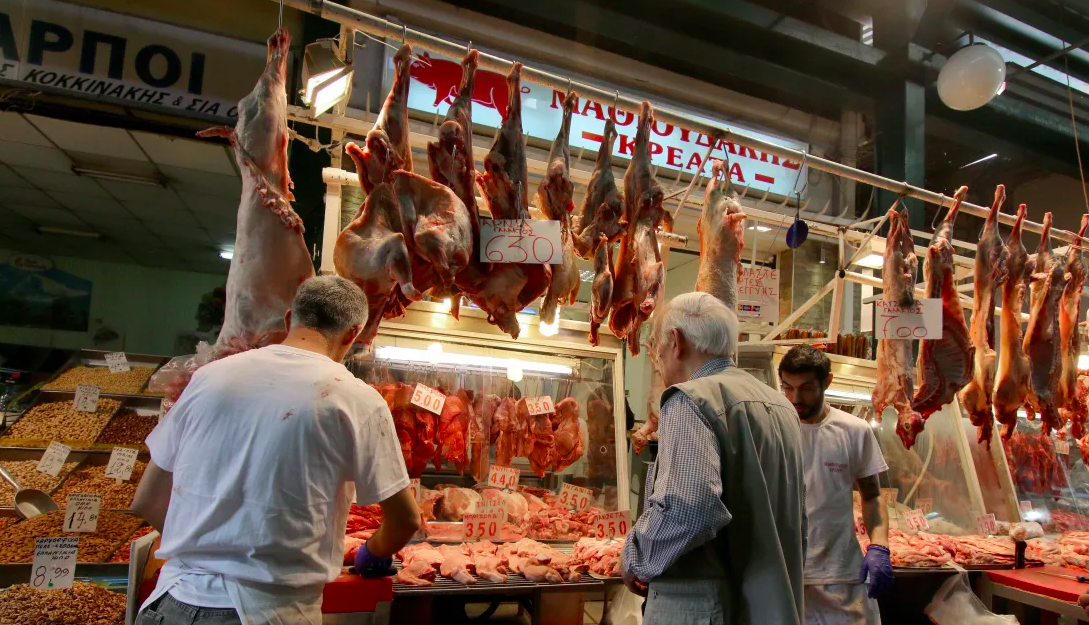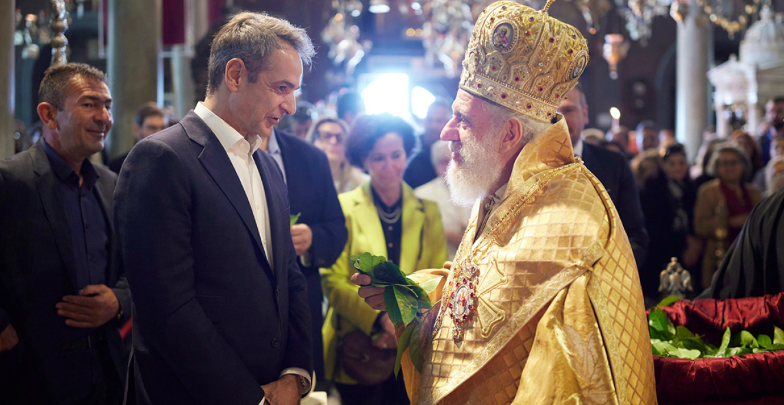Many quantum effects can only be produced at extremely cold temperatures, which limits how useful they would be in real-world settings. Now, researchers at Princeton have demonstrated a strange quantum state taking place in a material at room temperature.
A topological insulator is a material with a structure that conducts electrons in a unique way. The bulk of the material is an insulator, completely preventing the flow of electrons through it. However, thin layers at its surface and along its edges are highly conductive, allowing electrons to flow freely at high efficiencies. Given these weird properties, topological insulators can host some intriguing quantum states that could be useful for building future quantum technologies.
Elon Musk nukes Twitter’s board of directors, takes new action to limit employee’s power
But of course there’s a catch: most quantum states are extremely fragile, collapsing in the face of interference. Heat, or thermal noise, is a major trigger – when materials get warmer, the atoms in them vibrate at higher energies, which disrupts the quantum state. As such, most experiments and technologies that make use of quantum effects need to be done at temperatures close to absolute zero, where the movements of atoms slows right down. But that in turn makes these technologies impractical for wider use.
In the new study, the Princeton researchers found a way around this, observing quantum effects in a topological insulator at room temperature. Their material of choice was an inorganic crystalline compound known as bismuth bromide.
Read more: New Atlas






































